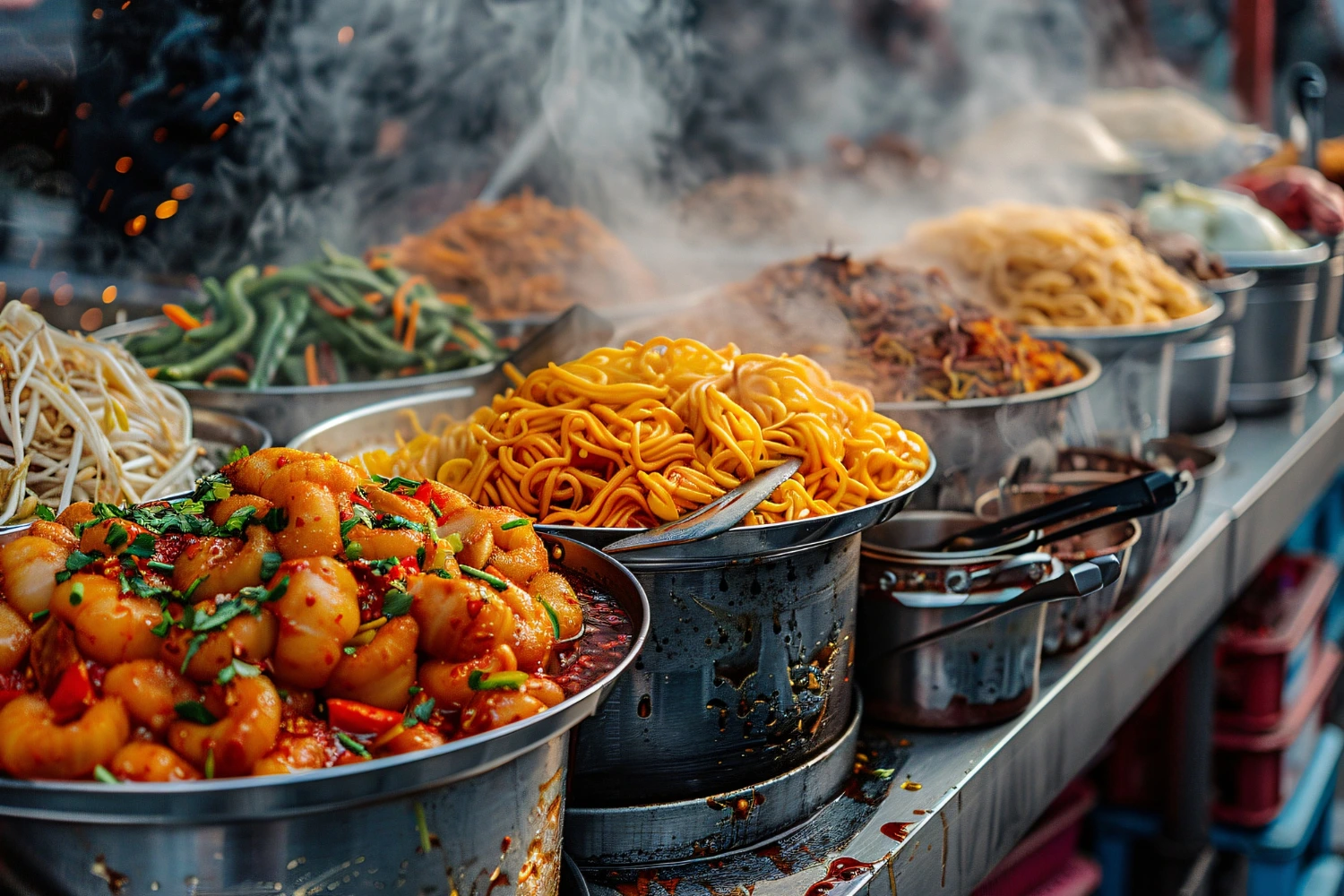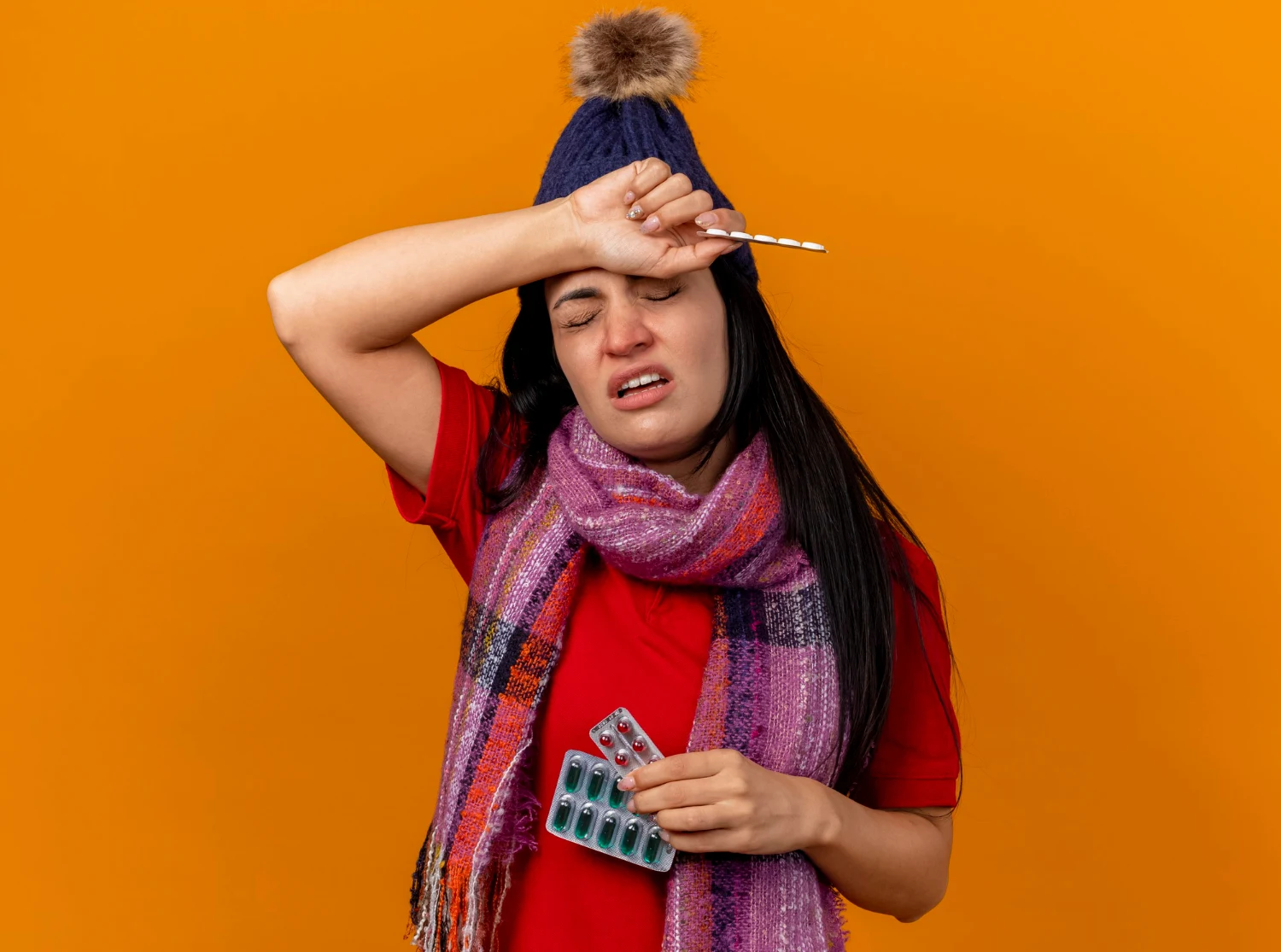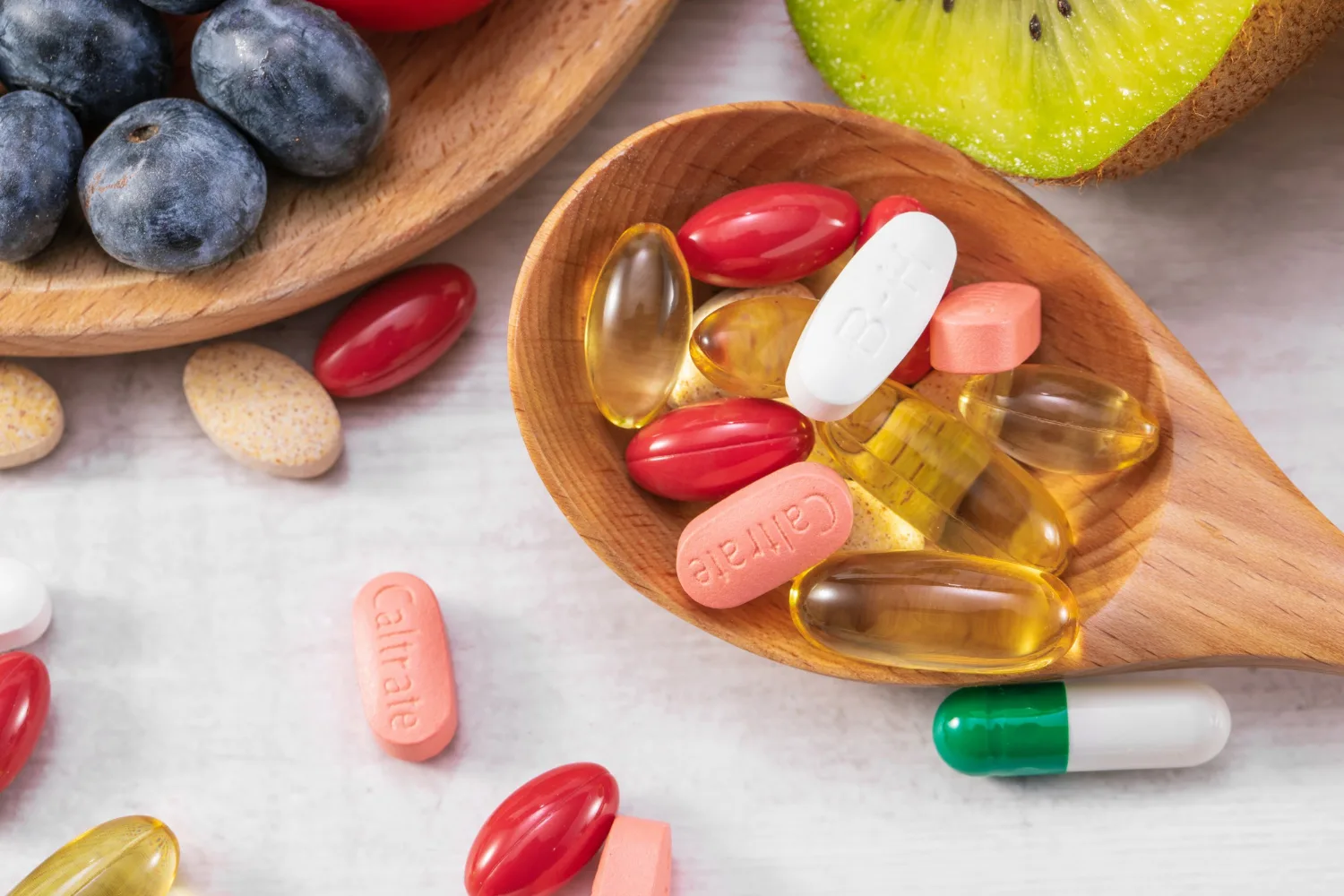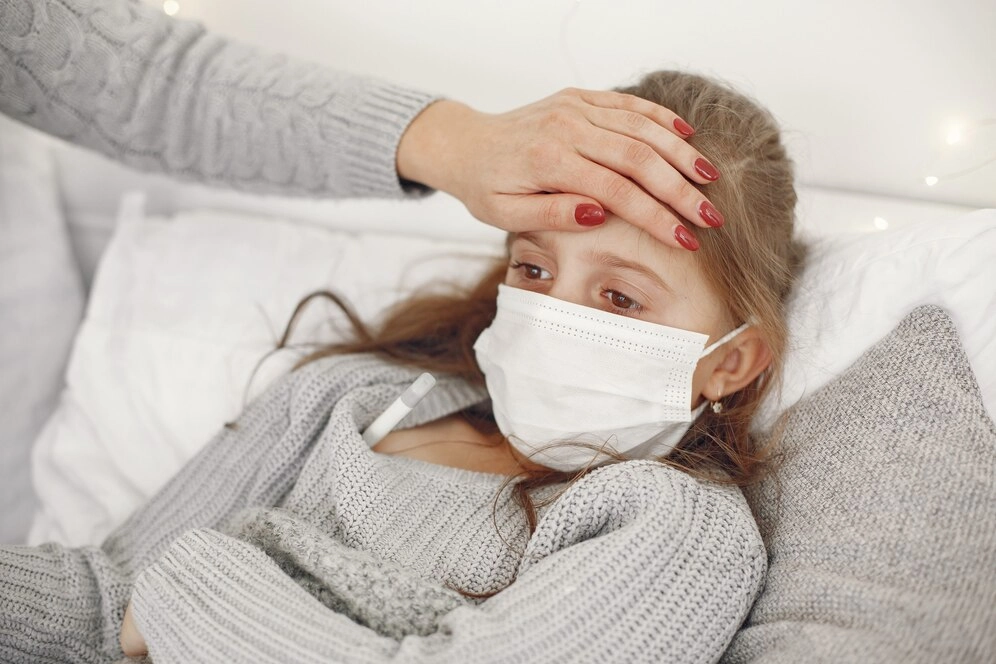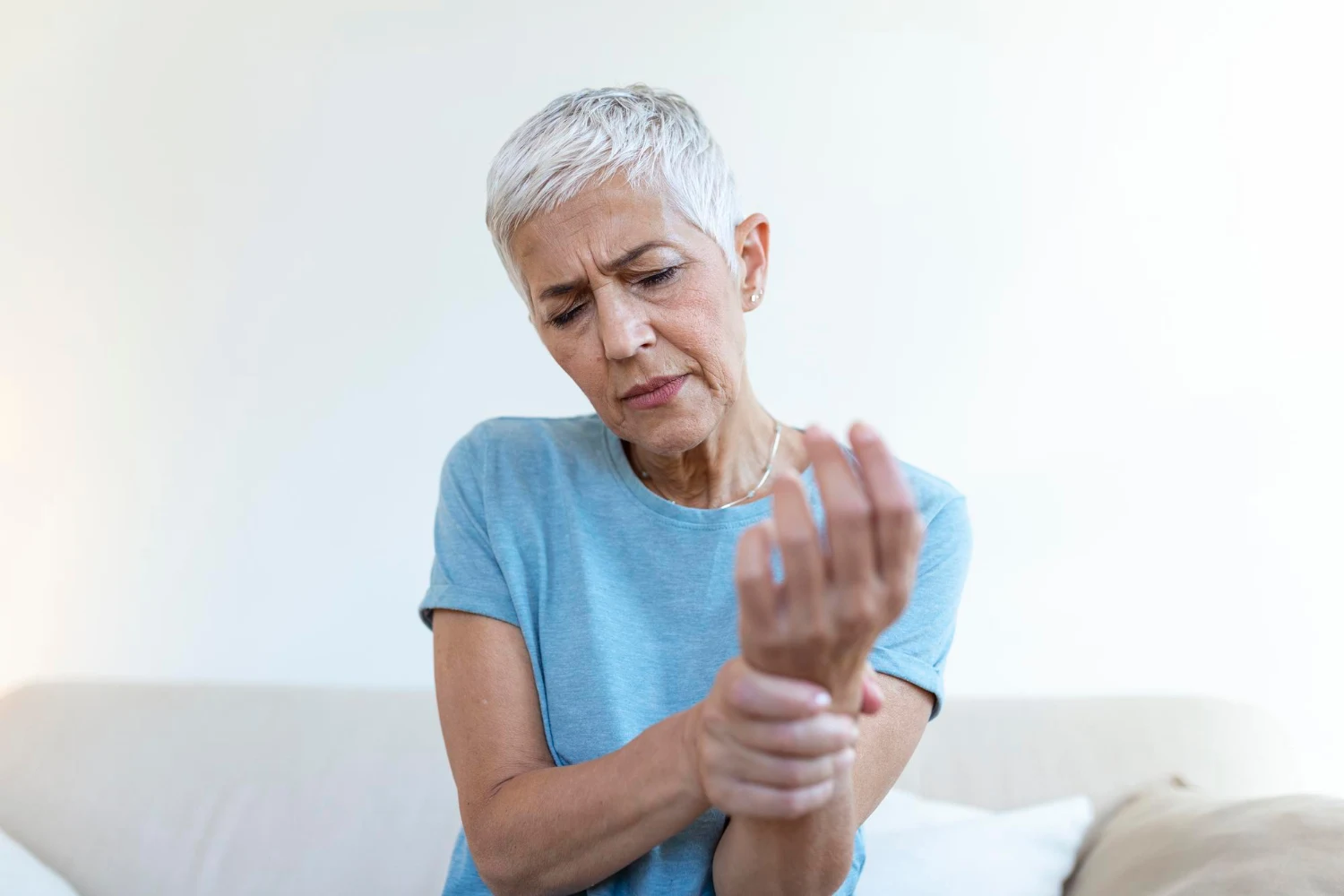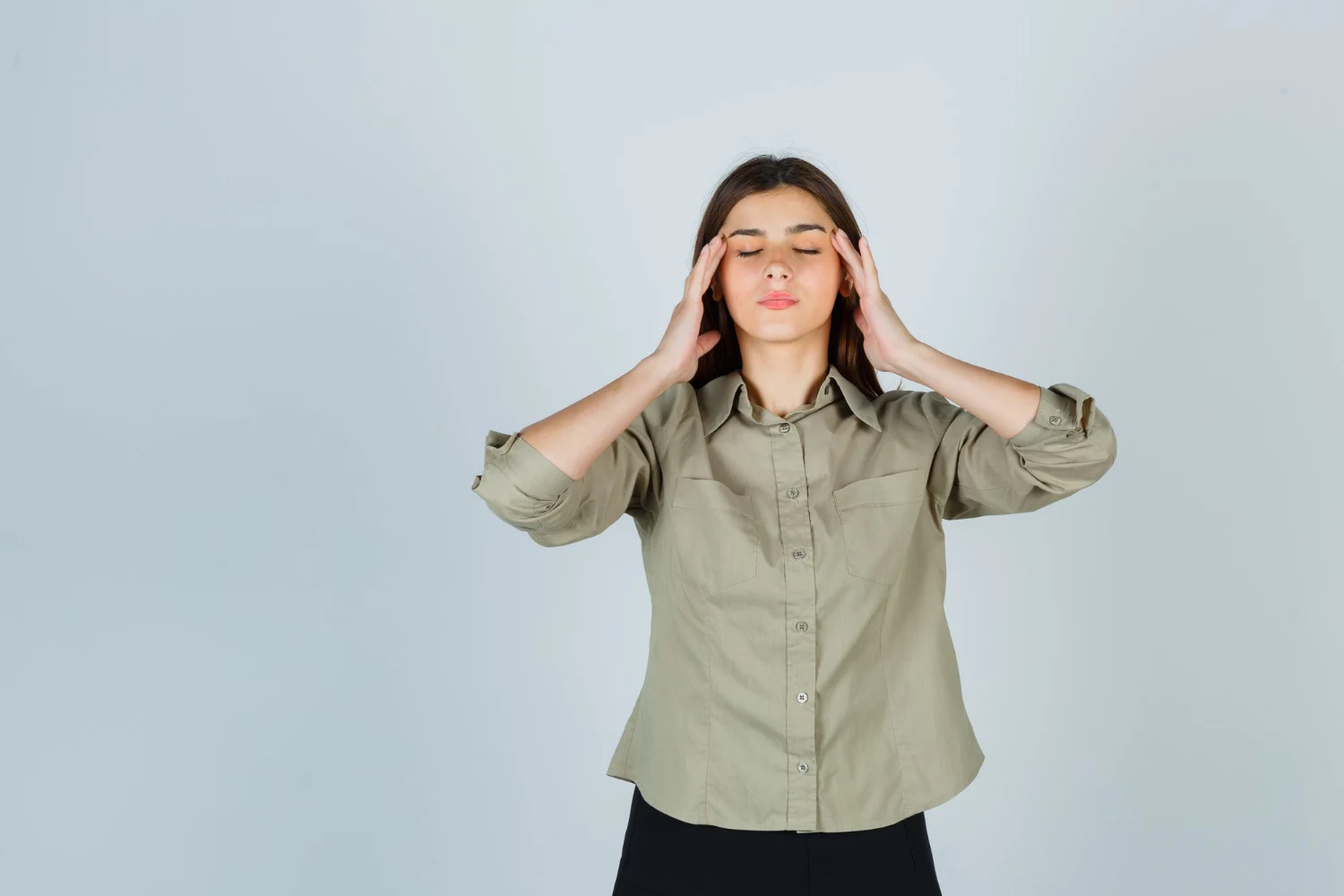Is It Safe To Eat Street Food During The Rainy Season?
Category: General medicine
The rainy season brings a wave of cravings the smell of hot pakoras, the sight of steaming momos, and the thought of spicy chaat can make anyone stop at their favourite street stall. But as tempting as it is, monsoon is also the time when foodborne illnesses are at their peak. The mix of humidity, stagnant water, and unhygienic surroundings creates the perfect environment for germs. So, is it safe to eat street food during the rainy season? The answer lies in understanding the risks and knowing how to take precautions.
Why Street Food Safety is a Bigger Concern in Monsoons
During monsoon, the surroundings where street food is prepared often become wet and muddy. This attracts flies, pests, and bacteria, increasing the chances of food contamination. The water used for cooking or cleaning may also get mixed with rainwater, which can be polluted. Even ingredients like vegetables and spices can spoil faster in the humid weather. Vendors working in open areas find it harder to protect food from moisture, which can make it unsafe. This is why food safety is more challenging during the rainy season compared to other times of the year.
Common Health Risks from Eating Street Food in Monsoon
Foodborne illnesses rise sharply during monsoon. Contaminated food can lead to infections like typhoid, jaundice (hepatitis A and E), food poisoning, and severe stomach infections. Snacks like pani puri, raw chutneys, salads, and cut fruits are especially risky as they often use untreated water or are served raw. Even fried snacks, if prepared in reused oil or left uncovered, can become a breeding ground for bacteria. Children, pregnant women, and elderly people are at higher risk as their immunity may not be strong enough to fight these infections.
Tips to Safely Enjoy Street Food in Rainy Season
If avoiding street food completely is difficult, you can still enjoy it by taking smart precautions. Choose vendors who cook food in front of you, maintain clean surroundings, and cover their ingredients properly. Always go for dishes that are served piping hot, as high heat can kill most germs. Avoid eating raw salads, pani puri water, or chutneys that may be made from unsafe water. Carry your own drinking water and sanitise your hands before eating. Eating in moderation is also important as overeating oily or spicy food can upset your stomach during humid weather.
When to Seek Medical Help
If you develop symptoms such as continuous vomiting, loose motions, severe stomach cramps, high fever, or dehydration after eating street food, it’s important to seek medical care immediately. These could be signs of food poisoning, hepatitis, or severe gastrointestinal infections. Early diagnosis and treatment can prevent complications. Lokmanya Hospitals have the facilities and specialists to handle such emergencies with proper investigations and supportive care. Delaying medical attention can make the condition worse, especially in children and older adults who are more vulnerable to dehydration and weakness.
Conclusion
Street food is part of our culture, and it’s hard to resist those seasonal favourites during monsoon. However, safety should always come first. Choosing vendors wisely, sticking to freshly cooked food, and avoiding high-risk dishes can help you enjoy monsoon snacks without health worries. If in doubt, it’s always better to skip that one plate of chaat than to spend days recovering from an infection. With a little caution, you can keep both your taste buds and your health happy during the rainy season.
FAQs
Q1. Is it safe to eat pani puri during the rainy season?
It is better to avoid pani puri during the rains because the water used may not always be clean. Contaminated water can cause stomach infections, typhoid, and jaundice.
Q2. Can I eat fried snacks from the street during monsoon?
Fried snacks are relatively safer if they are served fresh and hot. Avoid those that have been kept for long periods or fried in reused oil, as they can cause acidity or stomach upset.
Q3. Why is street food riskier in monsoon compared to other seasons?
Monsoon brings waterlogging, high humidity, and more pests, which increase the risk of contamination. The moisture in the air also spoils ingredients faster, making food safety harder to maintain.
Q4. What should I look for in a safe street food vendor?
Check for a clean cooking area, covered food trays, fresh ingredients, and proper waste disposal. A vendor who prepares food in front of you and maintains hygiene is a safer choice.
Q5. Can chutneys and sauces cause infection in the rainy season?
Yes, chutneys and sauces can carry germs if made with untreated water or stored for a long time without refrigeration. It’s safer to skip them during the rainy season.
Q6. What are the symptoms of food poisoning from street food?
Symptoms include stomach cramps, nausea, vomiting, diarrhoea, fever, and dehydration. These signs can appear within hours of eating contaminated food and should not be ignored.
Q7. How can I safely enjoy street food during monsoon?
Stick to hot, freshly prepared food. Avoid raw toppings, chutneys, or cold items. Carry drinking water from home and wash or sanitise your hands before eating.
Q8. When should I see a doctor after eating unsafe street food?
If you develop high fever, persistent vomiting, or severe diarrhoea, visit a doctor immediately. Quick treatment helps prevent complications like dehydration or prolonged illness.

